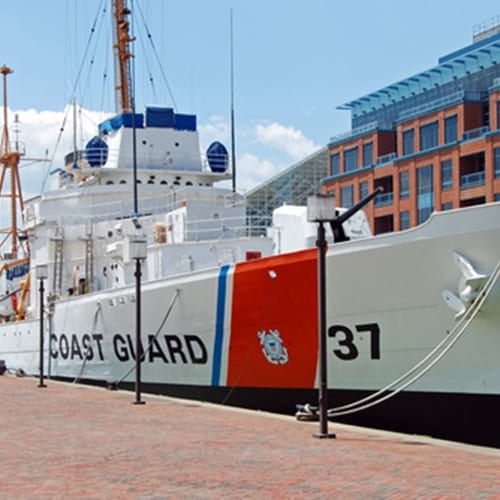Commercial vessels that are in compliance with government oeprations regulations have reasons for regularly maintaining efficient and safe practices. The United States Coast Guard (USCG) offers inspection and classification alternatives for a number of societies listed on its official website. Each one has been approved by the USCG for specific certifications.
In cases where a certificate from the Coast Guard isn't possible, an alternate source could award certification instead, depending on the situation. For example, the American Bureau of Shipping issues International Energy Efficiency Certificates, International Load Line Certificates and International Tonnage Certificates. Companies that have to deal with hazardous shipboard cargo have multiple options for approval documents they can obtain through this body.
The Coast Guard is also reaching out to operators for test vessels that might play a role in determining new safety regulations. The Alaska Journal quotes USCG Alternate Safety Compliance Coordinator Troy Rentz on these rules, still in development, which are expected to be prescribed by 2017 and take effect in 2020.
"We're looking for volunteer vessels where we could get on board and talk about what their best practices are for preventing casualties from collisions or falls overboard, for instance," he said. Addressing commercial fishing boats in particular, Rentz said "we want to talk with vessel owners about things that have been recommended and see if it's something that would be effective for their particular fishery and operating area."
However, being certified to meet official standards doesn't give operators the means by which to compensate themselves when ships are involved in maritime disasters. For that, operators should work with marine insurers that accommodate a company's specific industry and the vessel types they most often work with.

